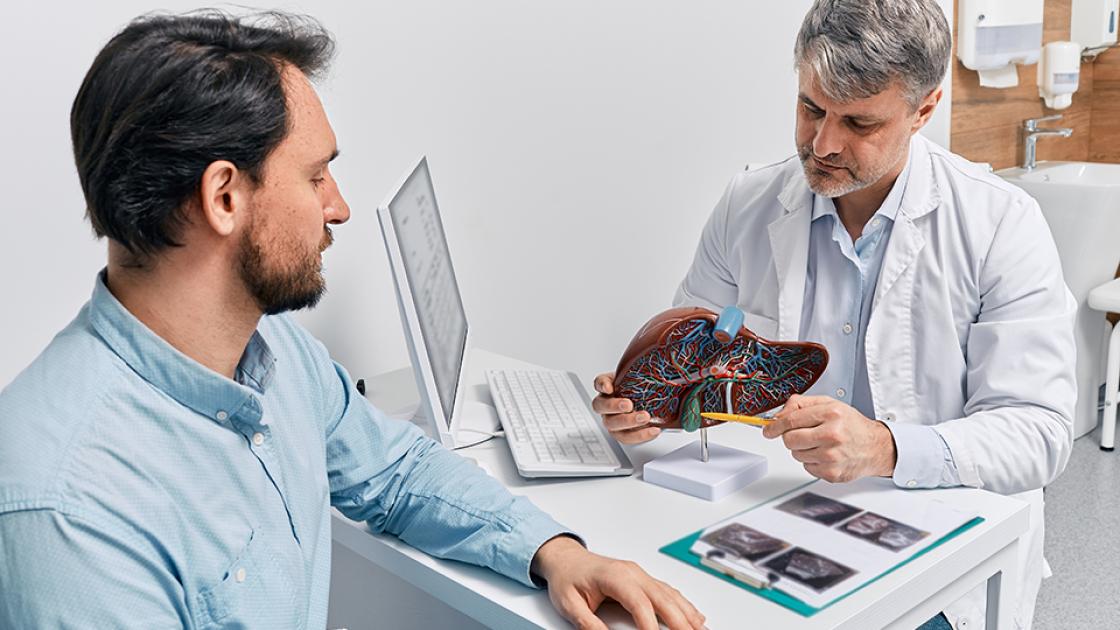
Could it be a UTI? 5 signs for older adults
A urinary tract infection (UTI) happens when bacteria enter and infect parts of the urinary tract, including the urethra, bladder and kidneys. It's one of the most common types of infection in older adults, with more than 1 in 10 women over age 65 and nearly 1 in 3 women over age 85 reporting a UTI within the last year.
There are several reasons why the risk of UTI increases with age. As we get older, we experience changes in our hormones, immune system and microbiome (the healthy bacteria living in the gut) that may make it harder to fight off infections. Many older adults also face issues like dehydration, decreased mobility, cognitive impairments, weakness of the pelvic floor muscles and other health conditions like diabetes and benign prostatic hyperplasia (BPH). These issues can lead to problems with personal hygiene, bladder control and bladder emptying, all of which make it easier for bacteria to enter and grow inside the urinary tract.
UTIs can cause severe complications in older adults, including a life-threatening condition called sepsis. The good news is that UTIs are treatable, usually with antibiotics. Early treatment is important because it can improve outcomes and minimize discomfort. But not all UTI symptoms are easy to recognize, especially in older adults. Keep reading to learn more.
5 unusual signs and symptoms of urinary tract infections in older adults
Most of us are familiar with the more common signs and symptoms of UTI, like a painful burning sensation during urination and increased urinary frequency or urgency. But there are some lesser-known signs and symptoms that you should be aware of, especially if you or someone you love is 65 or older. These include:
- Nausea
- Pain in the mid-to-lower back area, or pain in the pubic area
- Cloudy foul-smelling urine, or urine that has a slightly reddish or pink hue (a sign of blood in the urine)
- Confusion
- Fever (usually 99°F or higher)
Not everyone with a UTI will have these symptoms. Health conditions other than UTIs can cause these symptoms, too. If you're concerned, the best thing to do is speak with your physician. He or she will be able to help you determine what's causing the symptoms and what to do about it. If frequent UTI’s then your physician may recommend seeing an urologist.
Managing uncomfortable UTI symptoms: additional at-home remedies
UTIs can be uncomfortable! In addition to seeing your doctor and taking all medication as instructed, consider using some self-care strategies to help manage symptoms. Some of these strategies may even help prevent future infections, so they're great to keep up as a regular practice:
- Drink plenty of water throughout the day
- Go to the toilet often and empty your bladder all the way when you do—try not to force nor interrupt the stream of urine
- Use a warm compress to soothe aches and pains
- Cut back on alcohol, caffeine, refined sugar and spicy foods
- Always wipe front to back
- Always wash your hands before and after using the toilet
- Ask your doctor about supplements that may support urinary health, like probiotics and 100% cranberry juice
If you or your loved one has mobility problems, consider seeing a physical therapist or occupational therapist. They can teach you how to use adaptive equipment or compensatory techniques that will make toileting and other activities of daily living (ADLs) easier and safer.
Are you worried about UTI symptoms?
If you've noticed UTI symptoms in yourself or an older loved one, contact SIU Medicine today to find a doctor who can help you get relief.




